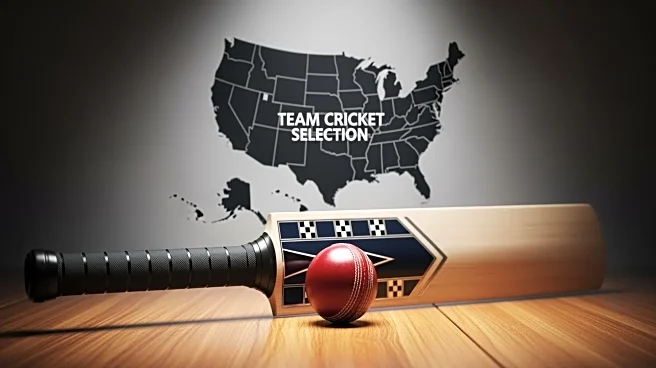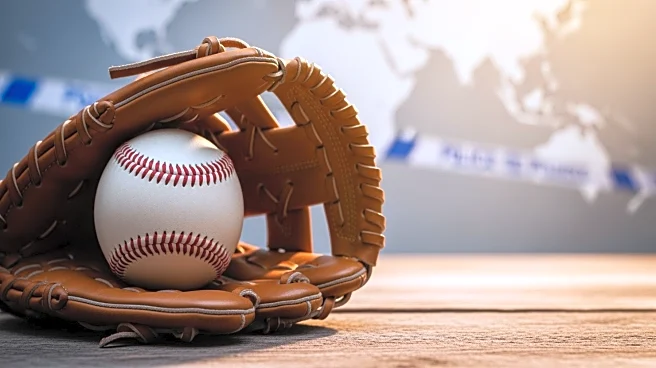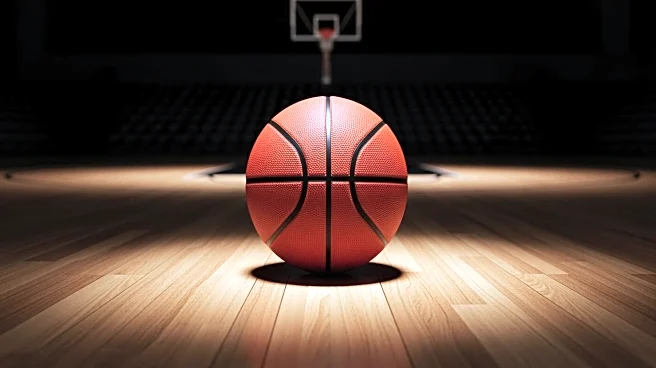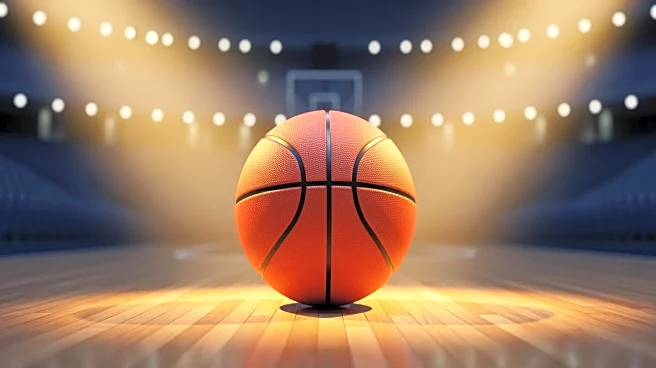What's Happening?
Asanda Pavlacka, a Bay Area resident who is blind, has been selected to join Team USA for the upcoming cricket World Cup. Pavlacka is a multi-sport athlete with experience in martial arts, running, swimming,
and gymnastics. Her journey has been marked by overcoming significant challenges, including losing her sight 28 years ago. Despite this, she has continued to excel in various sports, demonstrating resilience and determination. Her selection to Team USA highlights her exceptional skills and dedication to sports.
Why It's Important?
Pavlacka's inclusion in Team USA is a significant milestone for athletes with disabilities, showcasing the potential for inclusivity in sports. It serves as an inspiration to individuals facing similar challenges, proving that physical limitations do not preclude success in competitive sports. This development may encourage more organizations to support and promote athletes with disabilities, potentially leading to increased funding and resources for adaptive sports programs. It also highlights the importance of diversity and representation in national teams, which can foster a more inclusive sporting environment.
What's Next?
As Pavlacka prepares for the cricket World Cup, she will likely undergo intensive training to compete at the highest level. Her participation may draw attention from media and advocacy groups, potentially leading to greater awareness and support for athletes with disabilities. Team USA's performance in the World Cup could influence future selections and the development of adaptive sports programs. Stakeholders, including sports organizations and disability advocates, may push for more inclusive policies and practices in sports.
Beyond the Headlines
Pavlacka's story raises important questions about accessibility and support for athletes with disabilities. It underscores the need for continued efforts to remove barriers and create opportunities for all individuals to participate in sports. Her success may inspire discussions on the ethical and cultural dimensions of inclusivity in sports, encouraging a shift towards more equitable practices. Long-term, this could lead to broader societal changes in how disabilities are perceived and accommodated.









